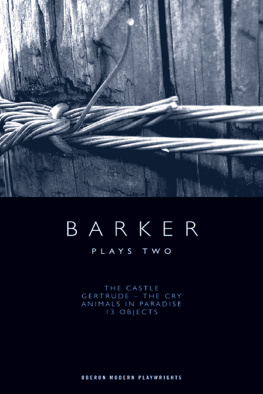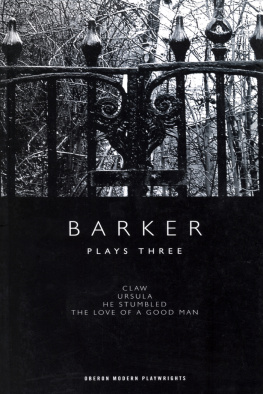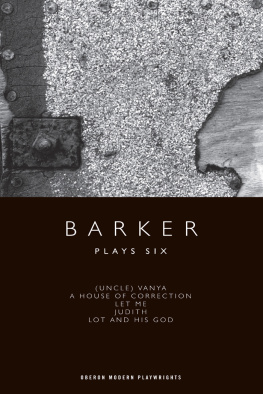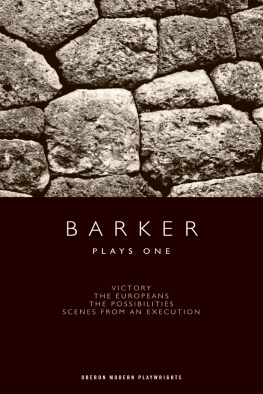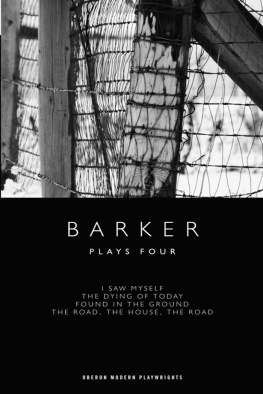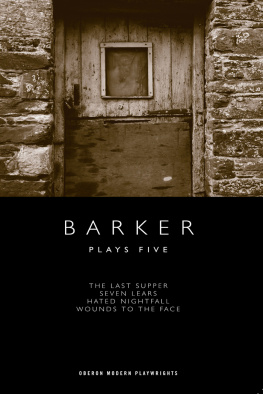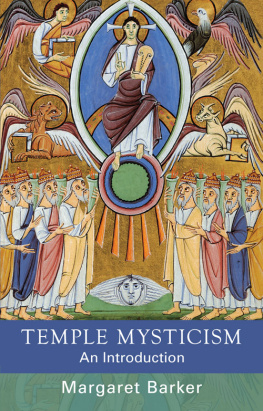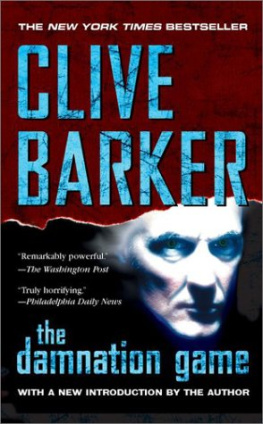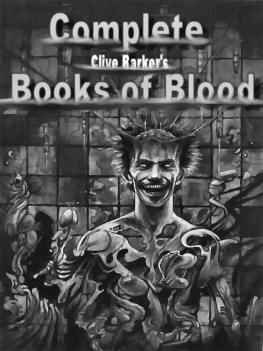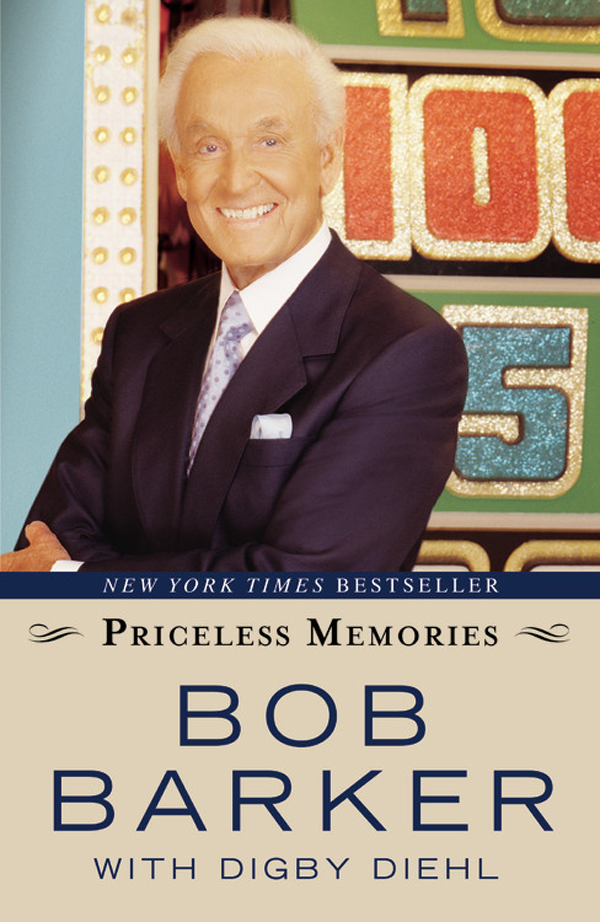Copyright 2009 by Bob Barker
All rights reserved. Except as permitted under the U.S. Copyright Act of 1976, no part of this publication may be reproduced, distributed, or transmitted in any form or by any means, or stored in a database or retrieval system, without the prior written permission of the publisher.
Center Street
Hachette Book Group
237 Park Avenue
New York, NY 10017
Visit our website at www.HachetteBookGroup.com.
www.twitter.com/centerstreet.
Second eBook Edition: May 2011
Center Street is a division of Hachette Book Group, Inc.
The Center Street name and logo are registered trademarks of Hachette Book Group.
The publisher is not responsible for websites (or their content) that are not owned by the publisher.
ISBN: 978-1-5999-5235-2
For my wife, Dorothy Jo,
and my mother, both of whom
loved me and supported me
all the days of their lives
If you are fifty years old or younger, I have been on national television your entire life, and I would like to begin this book by telling you how I got there. Hollywood mythology is full of overnight success stories. The urban legend of the discovery of Lana Turner in Schwabs Drugstore is the best-known example, but the entertainment business doesnt really work that way. Before producers are ready to risk a lot of money on you, they demand proof of your ability, your experience, and your professionalism.
In other words, it takes many years of hard work to become an overnight success. On the other hand, I received one unforgettable phone call from Ralph Edwards that truly made possible everything else that happened to me in a long and fortunate life.
My overnight success began in 1956, nearly seven years after my wife, Dorothy Jo, and I had moved to Hollywood in pursuit of audience participation host opportunities for me. At the time, I was doing a weekly radio program on the local CBS station for Southern California Edison. It was called The Bob Barker Show. I named it myself. Dorothy Jo produced the show. Southern California Edison was (and is) the electric power company for almost all of the Los Angeles metropolitan area. At the time, Edison maintained what they called Electric Living Centers all over their service area. Essentially, the centers were appliance store showrooms with theater seatingand a microphone.
On the stage were all sorts of ranges, refrigerators, freezers, washers, dryersanything and everything that used electricity. These were the gleaming modern furnishings of the dream kitchen of the mid-1950s, and the Edison centers offered regular demos in the hope that people would go out and buy new electric appliances for their homes. Edison didnt necessarily care whether you bought Westinghouse or Hotpoint or Maytag, as long as it plugged in. My show featured homemakers who attended these demonstrations and wanted to be on the radio. Dorothy Jo and I would visit two different cities a day, doing a show in each city. We logged a lot of miles traveling out to the rapidly growing suburbs of Los Angeles, including Pomona, San Bernardino, Oxnard, and Venturasometimes as far away as Lancasterto visit these Edison Electric Living Centers and broadcast on KNX radio.
One day shortly after Thanksgiving in 1956, Ralph Edwards was driving his daughterswho were little girls in those daysto an ice-skating lesson. To say that it was my good fortune that he turned on his car radio, and tuned in to The Bob Barker Show, is an understatement.
Ralph Edwards was already a broadcasting legend. Beginning as a radio announcer, he went on to become the producer of This Is Your Life and a long list of other shows, including, of course, Truth or Consequences. Truth or Consequences was Ralphs own creation and was based on a game he played on the family farm as a kid.
I had been a big fan of Ralph Edwards. I used to listen to him when he hosted Truth or Consequences on the radio, which he began doing in 1940. He painted such a vivid picture of what was happening that you didnt have to see it, describing things with such flair and detail that you enjoyed every moment of it.
In 1950, they brought Truth or Consequences to television, and Ralph hosted that version as well until 1954, when Jack Queen for a Day Bailey took over. When we came to California, Dorothy Jo and I used to go to watch Truth or Consequences live. Ralph built and maintained a tremendous level of excitement. He was almost frenetic in the way he bounded around the stage on Truthnot at all as he appeared on This Is Your Life.
Occasionally, after playing a joke on a contestant, Ralph would look into the camera and say to the viewers: Arent we devils? People all over the country picked up on it and were saying, Arent we devils? It was the same thing that was to happen with Come on down a couple of decades later.
By late 1956, Dorothy Jo and I had a small advertising agency on the Sunset Strip from which we serviced advertisers for The Bob Barker Show. And when I say small, I really mean small. Dorothy Jo and I were it, which meant that when I was out meeting with a client, she was the only one in the office.
Ralph Edwards called you, she said casually as I walked in the door.
This was nothing to be casual about. You mean the famous Ralph Edwards? I asked.
I guess so, Dorothy Jo replied. They said Ralph Edwards Productions.
I started getting excited. What did he want? I asked.
The lady who called said he wants to talk to you.
Give me that number!
I sat down immediately and dialed the number.
Ralph came on the line quickly. He said, Im calling you because I have a show called Truth or Consequences thats going back on TV as a daytime program. Id like to talk with you about the possibility of you hosting it.
I could hardly believe my ears, but I managed to say, Yes, sir.
I was wondering when it would be convenient for you to see me, Ralph said.
I knew that Ralph Edwards Productions was located on Hollywood Boulevard at the corner of Cherokee. I said, Ill be right over. I can be in your office in fifteen minutes. Perhaps a bit too eager, I started to get up and head for the dooreven before I hung up the phone. The cord pulled me up short.
With a smile in his voice, Ralph assured me that it wouldnt be necessary to be there in fifteen minutes. Bob, he said, how about tomorrow or the next day?
I promptly said, Lets make it tomorrow.
Ralph chuckled as we set up the time for our meeting.
Ralph Edwards Productions had what looked to me like a complete floor, offices in every direction. I told a young lady at a desk near the elevator that I was Bob Barker and that I had an appointment with Mr. Edwards. She asked me, Ralph or Paul Edwards?
Ralph Edwards, I answered.
She picked up a phone, spoke softly for a moment, and said, Mr. Edwards is expecting you, Mr. Barker. His office is at the end of this hall. She gestured down a long hall.
As I walked down the hall, it seemed as if there were one, two, or sometimes three people busily working away in offices on both sides of the hall.
I thought, This is one busy place. In the years to come, I learned how right I was.
When I reached Ralphs office, the door was standing open and he was seated at his desk, writing. As I came through the door, he quickly rose and stepped around his huge desk, extending his hand. He said, Young man, I like the way you do your radio show. As we shook hands, he closed his office door behind me, indicated a chair for me near his desk, and sat down in his own chair.


